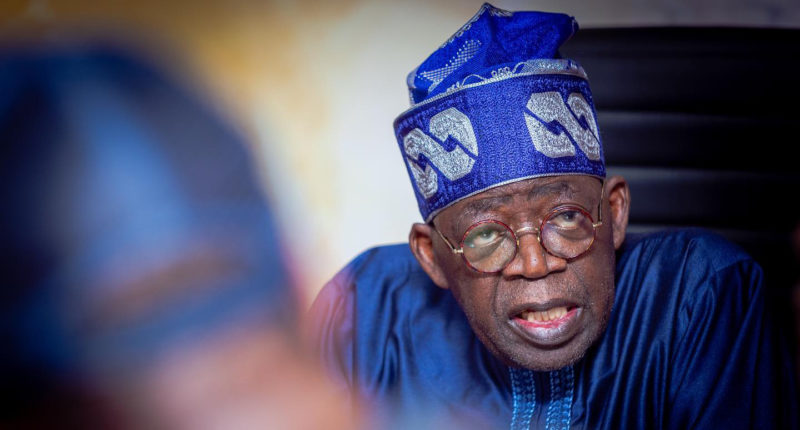Nigeria is 75 days from the 2023 general elections; one of the toughest presidential elections in its recent history as, since the country returned to democratic rule in 1999, it has contested the presidency between two major political parties. In the forthcoming elections, the presidential seat is closely contested by leading flag bearers including Peter Obi of the Labour Party, Alhaji Atiku Abubakar of the People’s Democratic Party (PDP), Bola Ahmed Tinubu of the All-Progressive Congress (APC) and Rabiu Kwankwaso of the New Nigeria Peoples Party (NNPP).
The National Democratic Institute and National Republican Institute of the United States of America predicted that due to the intensity of this election, the 2023 presidential election may be so close that it goes into a runoff.
INEC
To battle the nation’s long history of election fraud, the Independent National Electoral Commission (INEC) is introducing two key technologies, including the Bimodal Voter Accreditation System (BVAS) and INEC Election Result Viewing Portal (IREV). While BVAS is an authenticator device that identifies and accredits voters’ biometric details, including fingerprints and photo identity, IREV is a live portal that enables the public to view election results in real-time.
Furthermore, INEC uploaded its voters register online for the public to vet and criticize the electoral body of any election related misdemeanor just to prove its stance of fairness.
State of play
Since Tinubu’s emergence as the flag bearer for the ruling party’s 2023 general elections, the former Lagos state governor has made gallant efforts to reconcile with most of the aspirants who took part in the party’s primaries earlier in the year. Tinubu included a few of them into the APC’s formation of the party’s presidential campaign council (PCC) like Vice President Yemi Osinbajo.
Tinubu’s family members have also relieved the campaign task from his shoulders by heading key rallies in the country. For example, Tinubu’s wife, Senator Oluremi Tinubu, alongside the wife of the vice-presidential candidate, is leading a nationwide women’s mobilisation in the country. Remi Tinubu, Tinubu’s son, has headlined campaign rallies in Lagos, amongst other states.
Tinubu has also released his manifesto; a document filled with campaign promises to tackle insecurity, food security, unemployment and increase crude oil production. Tinubu has also met with religious leaders in Christian communities to disabuse their minds from the criticism of his choice of Senator Kashim Shettima, a fellow Muslim as a running mate, despite the religious sentiments in the country.
Tinubu has come under public scrutiny for failing to honour the invites of various Nigerian media outlets for a one-on-one interview to answer questions on his presidential bid or for a public debate with other leading presidential candidates. The shunning of these interviews has strengthened the opposition’s claim of ill health, incapacitation and inability to speak eloquently. However, the presidential candidate appeared at Chatham House in the UK; many claims Tinubu’s outing wasn’t convincing following his decision to delegate members of his entourage to answer questions directed at him.

